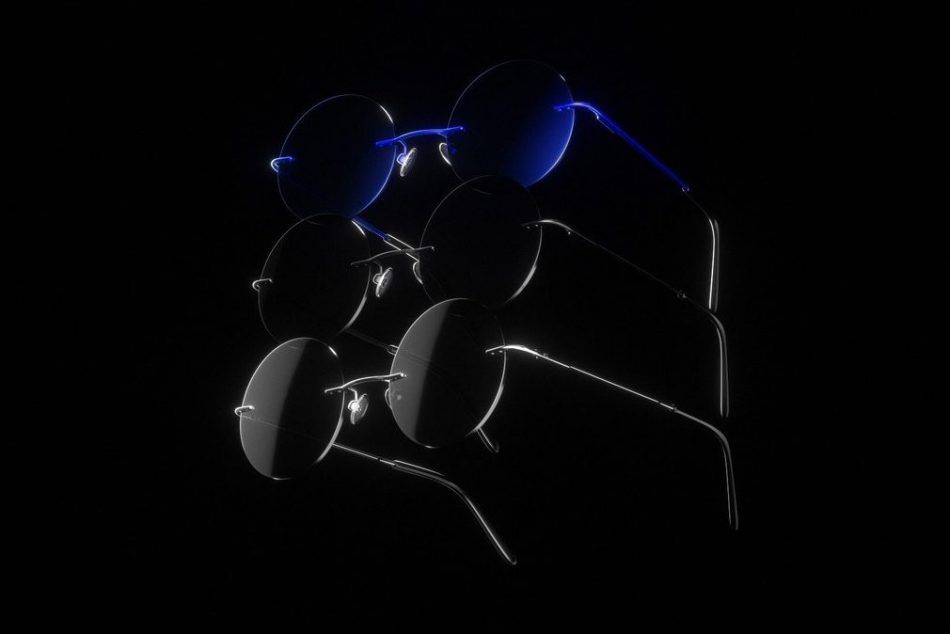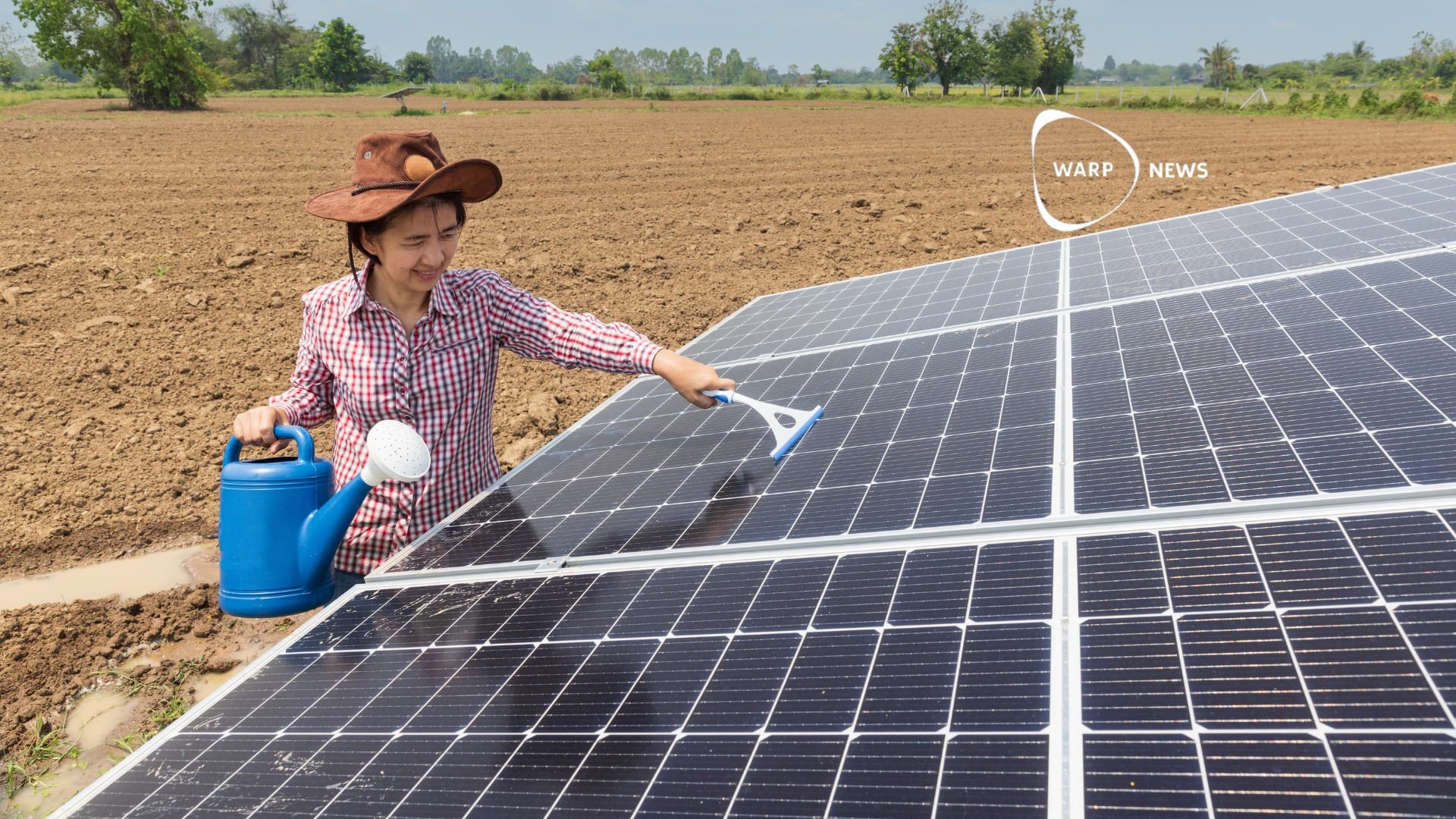
🕶 Climate first: sunglasses made from CO2
Eco-friendly fashion is on the rise. Sunglasses manufactured from carbon dioxide is the latest example of this.
Share this story!
The fashion industry has, in recent years, seen an increase in innovative brands creating sustainable accessories and clothes. One of these companies is Pangaia - an eco-friendly clothing brand.
Pangaia's latest fashion invention is a pair of limited edition sunglasses that uses state-of-the-art technology from startup Twelve, which specializes in petrochemicals. The sunglasses have a unique character as they are created out of captured CO2.
Usually, the polycarbonate lenses in sunglasses are manufactured from fossil fuels. Pangaia uses Twelve’s ”CO2Made” chemicals instead.
“We’re always looking for places where we can take the waste and transform it into something useful,” Amanda Parkes, chief innovation officer at Pangaia, tells Fast Company. “We’re trying to get away from why there should even be a waste. Nature works in full circles, where everything is reused, and we should mimic that in our process around the product.”
Pangaia normally works with plant-based materials. However, making polycarbonate lenses from bio-based materials is very tricky, Parkes explains.
“There are still some things that haven’t quite been figured out in the biosynthesis category. And polycarbonate is an advanced plastic that has really amazing characteristics of durability.”

The material is about ten times stronger than standard plastic or glass and will not shatter if it breaks.
These limited-edition sunglasses with a steel frame are quite pricey. They sell at about 495 dollars a pair. Nonetheless, the sunglasses will not be the last product Pangaia will create using Twelve’s technology. The company is planning to develop and expand its line with products made from captured carbon.
In addition to working with pioneers like Twelve, Pangaia also collaborates with other researchers on new technologies not yet on the market.
“We’re definitely not a seasonal kind of company,” Parkes says. “So we can have long-term relationships with companies that are in biotech, and these really advanced, breakthrough technologies.”
By becoming a premium supporter, you help in the creation and sharing of fact-based optimistic news all over the world.


